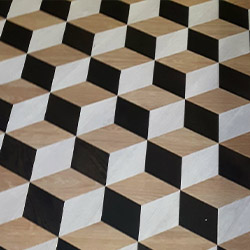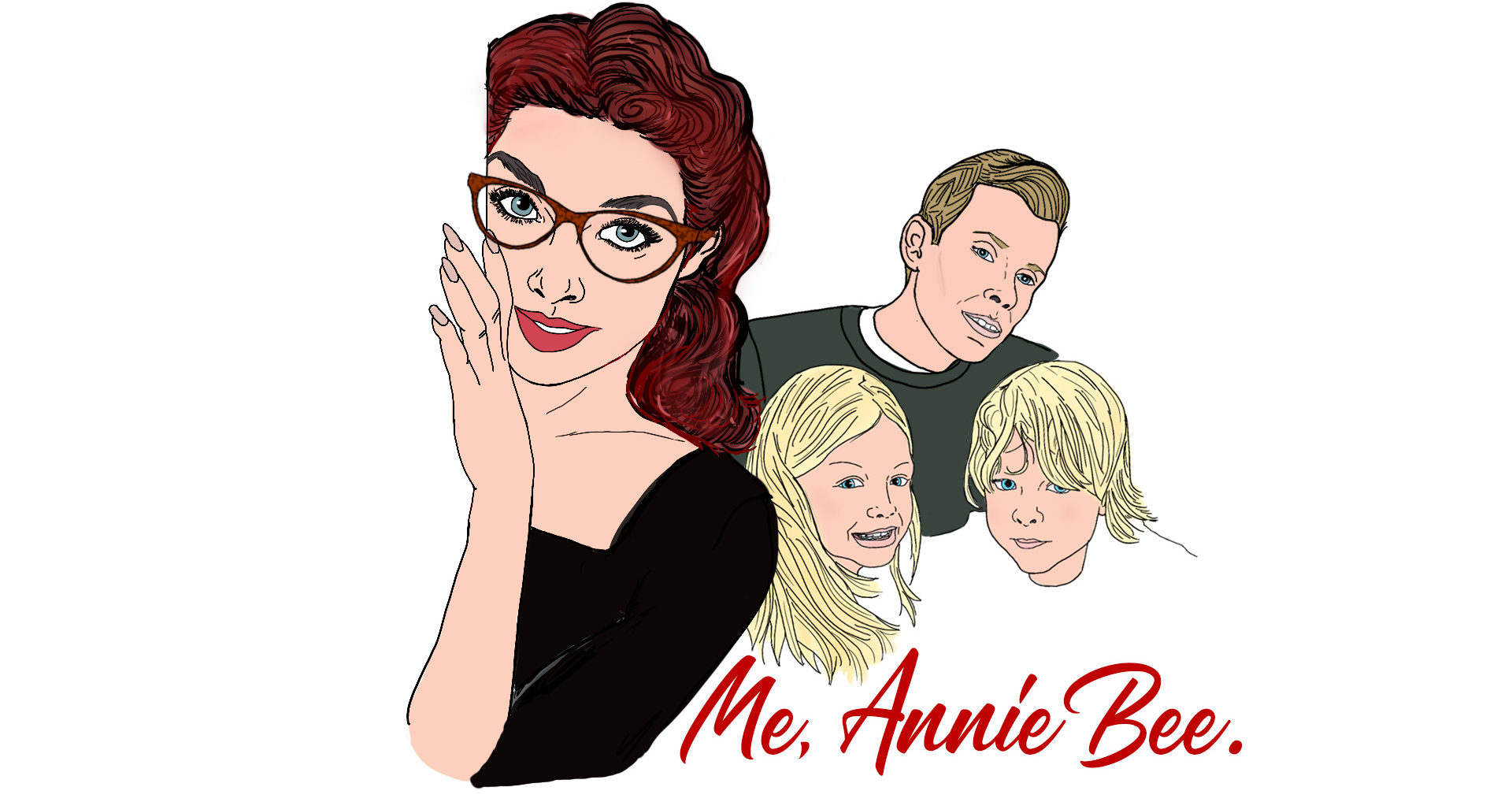
Suffering from Eczema? Here’s Everything You Need to Know
If you’re suffering from eczema, you’re not alone. This common skin condition affects around 30% of people, meaning almost one in three people will have eczema at some point or another in their lives. There are various types of eczema, but the most commonly experienced tends to be “atopic dermatitis”. Eczema can also affect you at any point of your life. It’s most common to experience eczema as a child, but leave it in your childhood, never having to deal with the condition in adulthood. But there are still many adults who have eczema regularly or at intervals too. So, how do you identify eczema? Well, if you have any skin complaints, it’s best to go to your doctor and get an official diagnosis. But you can generally identify eczema through patches of skin that have become inflamed, itchy, red, cracked, or rough. While there is no outright cure for eczema, there are steps you can take to ease the condition and reduce discomfort associated with it. Here’s everything you need to do to tackle and resolve the condition when it flares up!
Simple Steps
There are some simple steps that you should always follow when you have an eczema flare up. These will help to soothe the itching and prevent you from scratching, which will only make matters worse and potentially create open wounds. Some of the steps include:
- Avoiding scratching or touching the irritated areas
- Use gentle, soap free body wash without dyes or perfumes
- Use emollient lotions
- Apply bandages
- Take a warm bath
Identifying Your Triggers
Once you’ve got your current flare up of eczema under control, it’s time to start thinking about things on more of a long term basis. To reduce instances of eczema, it’s a good idea to identify your triggers and avoid them. Generally speaking, most people’s eczema can be set off by environmental allergies or contact allergies.
Environmental Allergies
If you have eczema, you may find that your skin is becoming even more irritated by environmental allergens. These could include pet hair, pollen, mould, dust mites and more. Of course, these allergens can be difficult to avoid, but there are steps you can take to reduce contact wherever possible. Avoid pets, or if you really want a pet, consider a hypoallergenic pet, like hairless cats, hairless dogs, or non-moulting dog breeds. Of course, it’s best to spend time around these breeds before taking one on. You can’t just ditch a pet once you have one, so be 100% sure they are compatible before buying or adopting. If mould is present in your home, tackle the problem head on and remove it. You should also vacuum regularly to remove dust from your living spaces. Where possible, stay inside when there’s a high pollen count.
Contact Allergies
Contact allergies can cause flare ups of eczema too. Two of the most common allergens include latex and the metal that is used on zippers and buttons. If you find you are allergic to something, avoid contact with it at all costs.
Sure, eczema can’t be cured. But there are ways to reduce the negative impact it has on your day to day life. Hopefully, some of the above tips and tricks will work for you!
Share the love.
Related

Cleaning Tips for Vinyl Flooring
You May Also Like

6 Tips for Launching a Successful Blog.
January 29, 2024
Cleaning Tips for Vinyl Flooring
August 13, 2020


